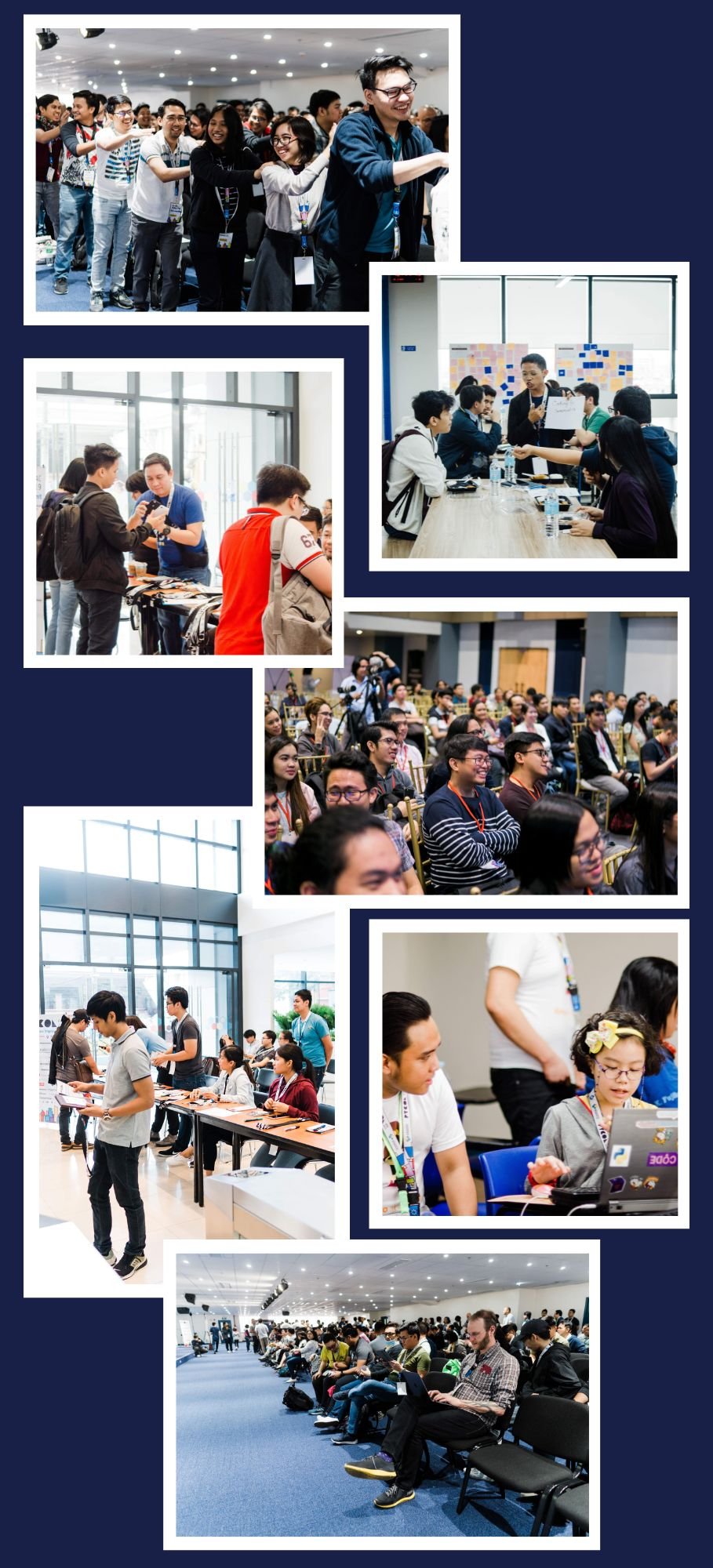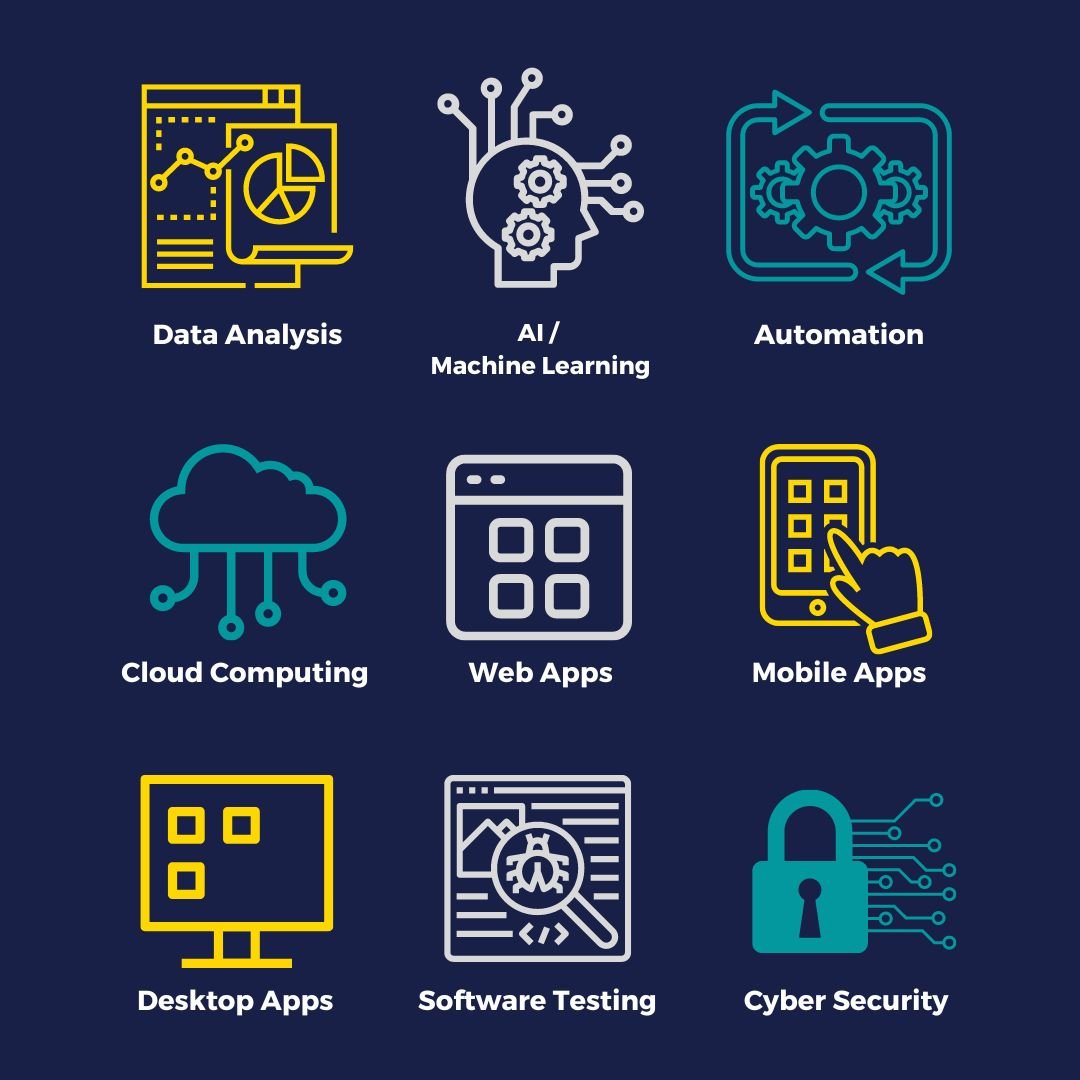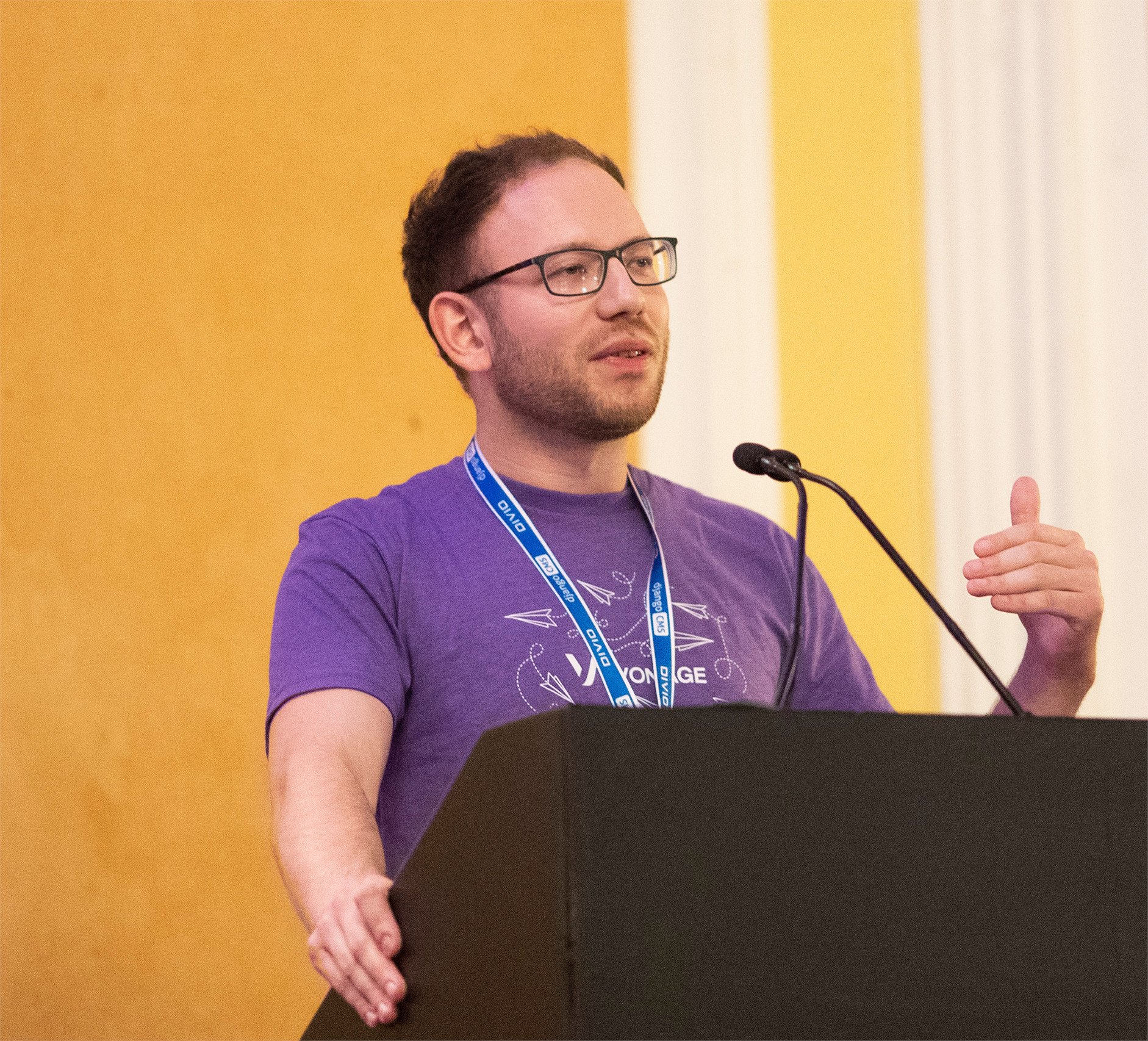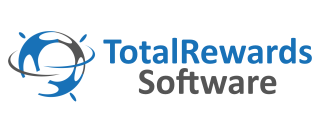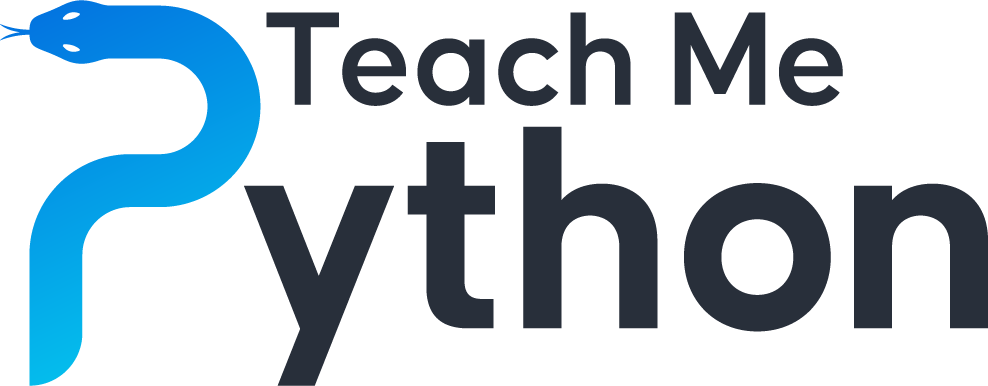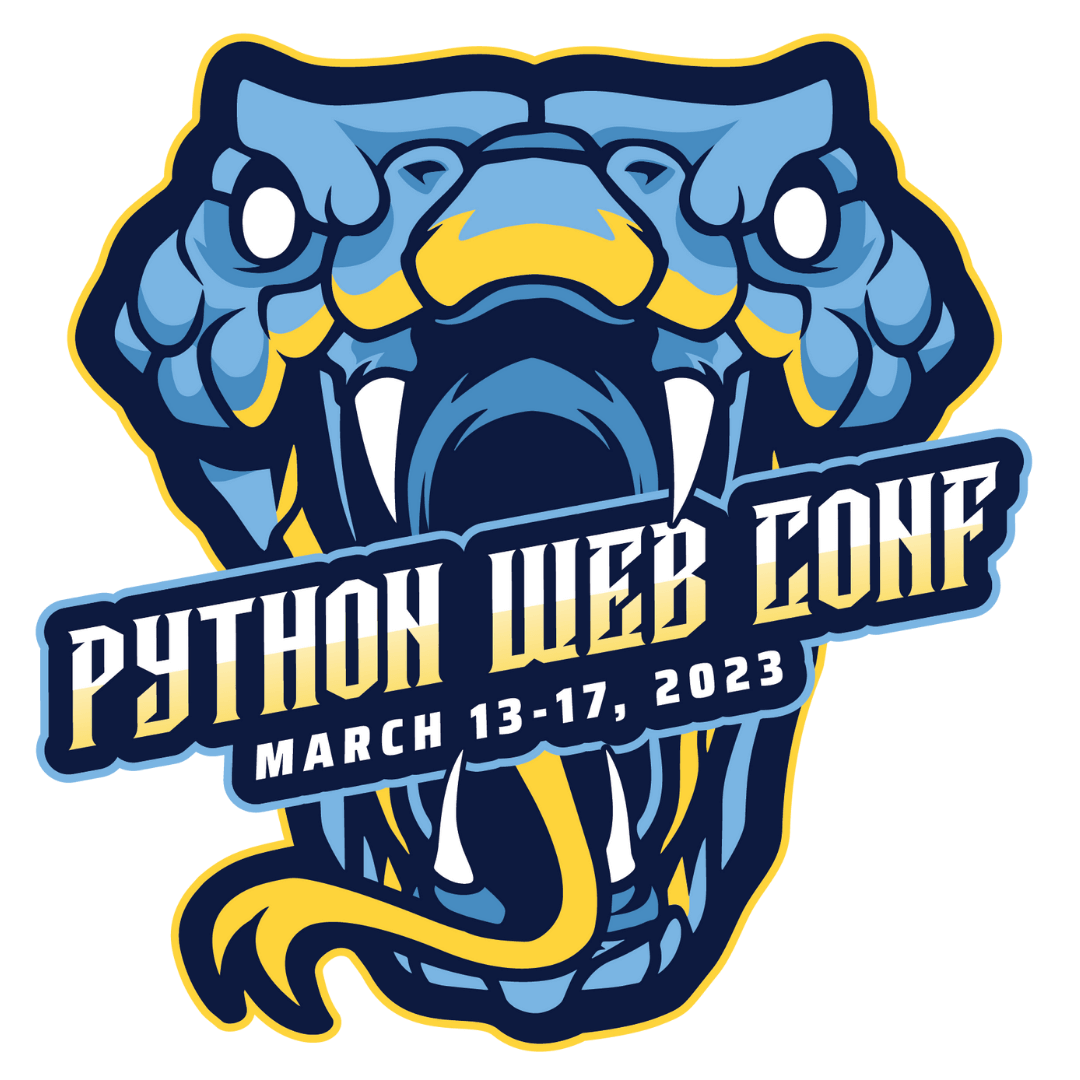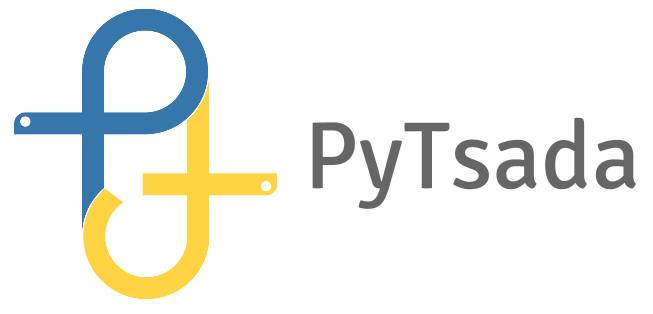8:00 AM - 9:00 AM
Online
Registration
9:00 AM - 9:30 AM
[Track 1] Online
Opening Remarks
9:30 AM - 10:30 AM
[Track 1] Online
Keynote 1: What's New in Python
Python has hundreds of modules built-in. In this talk, Mike Driscoll will bring you up to speed on the latest improvements to the Python programming language over the past few versions. There is a lot of learn about and this talk will only scratch the surface!
Mike Driscoll
Backend Engineer at Pluralsight and Content Writer at Real Python
10:30 AM - 10:45 AM
Online
Break
10:45 AM - 11:30 AM
[Track 1] Online
Keynote 2: Robust Python and Why It Matters
I have an important question for you. If you were absolutely successful in your current project, how long do you think your product would last? A few months? Years? Decades? It may feel like software is a fast-moving field, but the truth is that a successful software project will last a long time, and it will most likely last longer than than the individuals working on it.
This talk is about taking a deep introspection into how we write software, and what we leave behind for future maintainers.
Pat Viafore
Author of Robust Python, Co-organizer of HSV.py, Owner of Kudzera, LLC and Staff Software Engineer at Cloud Software Group
11:45 AM - 1:00 PM
Online
Lunch
PyLadies Lunch
The PyLadies Lunch is a great opportunity for women attending the conference who love Python, or who want to learn more about Python or PyLadies, to meet others in the same boat in a fun, relaxed environment.
We cordially invite you to join us and make new friends, forge connections, and share Python programming stories with folks from all around the Philippines.
Who: Anyone who identifies as a woman who is attending PyCon PH
1:00 PM - 2:00 PM
[Track 1] Online
The Art of Public Speaking, Presentation and Evaluation for Personal and Career Management
The purpose of this session is to learn how to put communication skills into practice and apply them in professional and academic careers. In this session, I will explain what public speaking is, presentation mastery(styles), evaluation skills, its several varieties, and how it is performed at home, schools, colleges, corporations, job interviews, community talks, conference presentations, and at every level of career. This will aid them in both composing and preparing scripts for presentation at different events .
Niharika Vadluri
Oracle Application Developer at Accenture India. Active contributor in PSF, Hackster.io, Linux and Fossasia.
1:00 PM - 2:00 PM
[Track 2] Online
Musician to Machine Learning
A discussion on moving to a field like data science/machine learning from a non-traditional/non-stem background. I will address the hurdles encountered along the way and how I overcame them as well as answering the common question of 'Do you need a STEM degree to get into ML or development?"
Arron Ritchie
Data Scientist at Hacarus, Japan. Currently works on a range of computer vision, deep learning projects. Musician.
2:00 PM - 3:00 PM
[Track 1] Online
Continuous Delivery for Python with Feature Flags
Continuous delivery is critical to modern software development, enabling teams to release new features and updates quickly and efficiently. However, releasing new features can also be risky, with the potential for errors and bugs to be introduced into the code. Feature flags offer a solution, allowing teams to control the release of new features and roll them out gradually or disable them quickly if necessary. This presentation is intended for DevOps Engineers, Software Engineers, and organizations who are looking for new ways to improve the speed and reliability of their development process. Attendees will learn how to implement feature flags in their own development processes and how to use them to improve their software releases' speed, agility, and reliability.
Justine Paul Ballares
Full-stack developer w/ expertise in web and mobile app development using Vue, React, React Native, SQL and Python
2:00 PM - 3:00 PM
[Track 2] Online
A Fundamental Checklist for Publishing and Maintaining Opensource Python Packages in PyPI
Deploying and maintaining open-source packages in Python could be a daunting task as there are lots of bits and pieces that need to be set up. In this talk, I’d be going over a fundamental checklist that a developer would need to go over. We’ll also automate some things that would help to maintain your new package much easier.
Kevin Lloyd Bernal
Senior Software Engineer at Zyte. Lives a semi-nomadic lifestyle and is currently based in Boracay. Life-long learner.
3:00 PM - 4:00 PM
[Track 1] Online
Relation Extraction from Online Philippine News Source
Entity relationships have been subject of research in several fields such as social science (social relationships), business management (intra/inter-business relationships), and public administration (government-community relationships). Traditional methodologies consist of extensive surveys and manual extraction of available information. The representation and analysis of relationships, therefore, is severely limited by the manual preprocessing of data sources.
Michel Onasis Ogbinar
Head of Data & Analytics at San Miguel Corporation, Python & Machine Learning Instructor at FTW Foundation
3:00 PM - 4:00 PM
[Track 2] Online
Exploring The Forward-Forward Algorithm
Recently, an interesting talk has been made about a new algorithm that could discard back-propagation, the forward-forward algorithm, we will be exploring more about it.
Elston Tan
Applied AI and Analytics Student at Singapore Polytechnic. Currently also an intern for A*STAR, Singapore
4:00 PM - 5:00 PM
[Track 1] Online
Python on the Client-Side Web
Learn about the client-side web and its current status. Discuss about what could possibly the Python language do if it's on the client-side web. Show some existing solutions to client-side web using pure Python. Introduce PyFyre, a Python frontend framework. Showcase what can it do, what problems did it solve, and do a short programming session to create a simple application with it.
Jabez Emmanuel Borja
Full-stack Software Developer, an open-source advocate, Co-founder of StackSpacePH and the creator of PyFyre
4:00 PM - 5:00 PM
[Track 2] Online
Managing Dependencies in Python with Poetry
Managing packages and dependencies in Python are an often (but hopefully not) forgotten, and sometimes painful process. Sure, it's easy with Virtual Environment, pyenv, and pip to add packages to your project, but removing packages and its dependencies can be a pain to deal with. There are also multiple files that we have to take care of, and sometimes they're hard to understand. To make our life easier, we will use Poetry, a new Python tool for managing packages and dependencies. In this talk, we will demonstrate how to use this library and show how easy it is compared with our traditional approach of Virtual Environment, pyenv, and pip.
Neriah "BJ" Ato
Python Developer specialising in Web Backend, AI and Machine Learning Applications, Leads PizzaPy (a Python User Group in Cebu)
5:00 PM - 6:00 PM
[Track 1] Online
pip install malware
pip install malware: it’s that easy. Almost all projects depend on external packages, but did you know how easy it can be to install something nasty instead of the dependency you want? You might remember classic typosquatting examples like goggle.com, but it’s now common to see malicious code hidden in spoofed or otherwise fraudulent PyPI packages or nested dependencies. Malware developers can also use techniques like starjacking to appear legitimate, so these unpleasant packages become even more difficult to spot. It’s estimated that over 3% of packages on PyPI could be using this technique. By the end of this talk, you’ll know how to protect yourself when installing and updating dependencies and you’ll leave with a checklist to follow to help you stay safe in future.
Max Kahan
Python Developer Advocate and Software Engineer at Vonage (ex-IBM)
5:00 PM - 6:00 PM
[Track 2] Online
Working with Multiple Hands: Parallel and Distributed Programming
This talk aims at making attendees get acquainted with MPI and parallel/distributed programming in general. The session will cover the basics of concurrency, and move on to parallel programming. This talk will take the help of a powerful Python library for parallel and distributed programming, mpi4py to implement quick examples of a real-world parallelizable program that would give the attendees a sense of what to expect from MPI. The key takeaways from this talk would be identifying parallel programs, implementing them in MPI and being able to avoid common mistakes while doing so.
Co-presented with: Sarthika Dhawan
Vikram Waradpande
Computer Science master's student at Columbia University with a focus on Machine Learning
6:00 PM - 6:30 PM
[Track 1] Online
Announcements
8:00 AM - 9:00 AM
Muralla Ballroom, The Bayleaf Hotel
Registration
Please be sure to wear a face mask and bring the following:
- a valid ID
- COVID-19 vaccination
- PyCon PH 2023 Ticket(s) - printed or a digital copy
We've assigned volunteers who will scan your ticket(s) on the registration table on Day 2 in exchange for IDs.
Dress Code: No slippers, sandals, sando or revealing clothing.
9:00 AM - 9:30 AM
[Track 1] Muralla Ballroom, The Bayleaf Hotel
Opening Remarks
9:30 AM - 10:45 AM
[Track 1] Muralla Ballroom, The Bayleaf Hotel
Keynote 3: The Zen of Programming - A personal journey towards writing beautiful code
Is there really no silver bullet? Should you follow principles or intuition? Does architecture help or block you? Can frameworks kill your projects? How solid is SOLID? Why DRY? When is your code conceived? What is beautiful and what is ugly code? Is beauty really in the eye of the beholder? Functions before objects? What are monads and should you apply them? Is small beautiful? Does unit testing make debugging obsolete? And why should you take your mother out more often?
Get inspired to discover your Zen and find your own path towards writing beautiful code.
Sander Hoogendoorn
Serial CTO (currently at e-commerce iBOOD), a Life-long Programmer and Software Architect, and a Post-agilist
10:45 AM - 11:00 AM
[Track 1] Muralla Ballroom, The Bayleaf Hotel
Break
11:00 AM - 12:00 PM
[Track 1] Muralla Ballroom, The Bayleaf Hotel
How Python Drives Modern Data Engineering
As big data becomes more ubiquitous, companies now recognize the potential value in their data. However, the common roadblock is that data is oftentimes too “dirty” and complex for it to be even slightly usable. Data Engineers solve this problem by constructing robust, scalable, and optimized pipelines that automatically prepare data to be used for value realization activities such as the creation of ML models and custom reports. Python drives Modern Data Engineering with its flexibility across multiple ecosystems and frameworks. It is the common weapon of choice for Data Engineers who are in charge of standardizing and curating data for business use.
Kiana Alessandra Villaera
A Google Cloud Certified Professional Data Engineer and Machine Learning Engineer. Currently the GCP/Data SME for Accenture PH
11:00 AM - 12:00 PM
[Track 2] Basil Room, The Bayleaf Hotel
Workshop 1: Let's Make a Realtime Game with Django Channels
Django Channels is a feature to allow realtime communication between a client webbrowser and the Django backend. In this talk, MrValdez will live code a simple online game. With the conference being available online, we will demonstrate the realtime capabilities of Django Channels in a live environment.
Sony Valdez
Independent Computer Developer Professional, Python Trainer
12:00 PM - 1:00 PM
[Track 1] Muralla Ballroom, The Bayleaf Hotel
Lunch (Group Lunches)
Group Lunches
The goal is to have people chat and make new friends. We'll have people gather around topic facilitators during lunch. The topic facilitators will be people from the volunteers, speakers and attendees.
Before dismissing everyone for lunch, there will be people holding up papers with a topic around the place. If the topic interests you, we encourage you to go there and talk about the topic of your choice with other people interested in the same topic.
The group lunch topics don't necessarily have to be Python-related. Some ideas are:
- Anime
- Stars and Galaxies
- Board Games
- DevOps
- Data Science
- Health and Fitness
- PyLadies
- Community
- etc.
More info: https://blog.mattlebrun.com/2018/03/pycon-experiments-getting-people-talking.html
1:00 PM - 1:30 PM
[Track 1] Muralla Ballroom, The Bayleaf Hotel
Group Photo
As part of the PyCon tradition, we will be gathering everyone at the main hall for a group picture
1:30 PM - 2:30 PM
[Track 1] Muralla Ballroom, The Bayleaf Hotel
Lightning Talks
Lightning Talks are an informal, impromptu ~5 minute presentation where anyone from the attendees can speak about any Python-related thing they want.
PythonPH has an initiative: we believe that anyone can make a product with Python. But no one will know unless you show it off to everyone.
On Day 2, you can have the chance to show off your project. Just sign up at the help desk table and we will give you 5 minutes to awe everyone with your work. It will be your chance to shine!
Your program can be simple, you might have made a product that is related to the Python ecosystem, or you want to show off what you have done to the community that involves Python. As long as you are passionate about your project, we will give you the chance to show us your work.
A little warning: since we only have limited time, we can't have everyone talk. So sign up as soon as you get to the venue and ready yourself for the day.
Here are some ideas from the last PyCon:
- PyCon PH (APAC) 2019 Lightning Talks - Part 1 - https://youtu.be/fqmnrw97i98
- PyCon PH (APAC) 2019 Lightning Talks - Part 2 -https://youtu.be/7ybeMsyjm6k
- PyCon PH (APAC) 2019 Lightning Talks - Part 3 - https://youtu.be/crDr-lus0sg
2:30 PM - 3:30 PM
[Track 1] Muralla Ballroom, The Bayleaf Hotel
Javascript Fatigue: Back to Hypermedia with Django + HTMX
John Rei Enriquez
An Electronics Engineer turned self taught Web Developer after college. Worked w/ multiple startups - both local & abroad
1:30 PM - 4:30 PM
[Track 2] Basil Room, The Bayleaf Hotel
Workshop 3: Data Engineering - A Roadmap to Building a Robust Data Infrastructure for Your Projects
The benefits of having quality data available within an organization are plenty, but sadly, data isn't always (or almost) never in the exact shape and form in which data professionals need it. To address this gap between expectations and reality when it comes to having quality data, the role of the Data Engineer was born.
Data Engineers allow for greater visibility into a company's operations by enabling other data professionals to create internal and external tools that automate decisions (e.g. dashboards) and help bring in greater profits (e.g. recommendation systems). They do this by creating the data infrastructure within a company and orchestrating pipelines that move and transform data from different sources. Data touched by these pipelines often end up in data lake, a data warehouse, or it gets consumed via a streaming system.
That said, in this workshop you will put on the hat of a Data Engineer and walk through different examples that will help you gain sufficient knowledge to build a robust data platform for your projects using Python.
Ramon Perez
Data Scientist, Researcher, and Educator living in Sydney. Currently works as a Freelance Data Professional
3:30 PM - 4:30 PM
[Track 1] Muralla Ballroom, The Bayleaf Hotel
Surviving the Innovators Dilemma: A personal journey through scale ups, tech boards and microteams.
Over the past decade, speaker Sander Hoogendoorn, had acted as the CTO for a series of scale-ups that, without exception, found themselves on the dark side of the Innovators Dilemma. During this lively presentation, Sander discusses many companies that needed to re-invent themselves, discover new strategies, and adopt autonomy, continuous delivery, tech boards, and microteams. Some succeeded, some failed, and some are still struggling. Sander illustrates the steps these companies took, the how and the why of their transitions to agility and continuous delivery, and the techniques and technologies they needed to adapt.
Sander Hoogendoorn
Serial CTO (currently at e-commerce iBOOD), a Life-long Programmer and Software Architect, and a Post-agilist
4:30 PM - 4:45 PM
The Bayleaf Hotel
Break
4:45 PM - 5:30 PM
[Track 1] Muralla Ballroom, The Bayleaf Hotel
PyTunes
Open Mic session with some of our volunteers and guests :)
5:30 PM - 6:00 PM
[Track 1] Muralla Ballroom, The Bayleaf Hotel
Games and Closing Remarks
